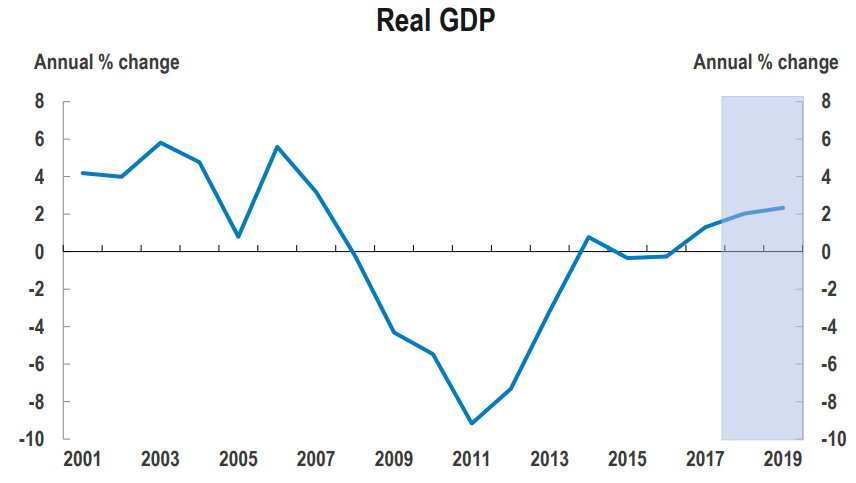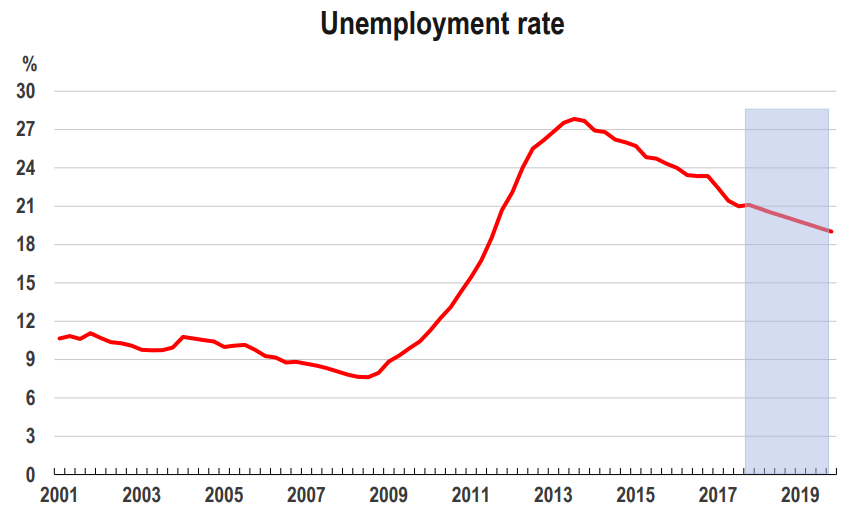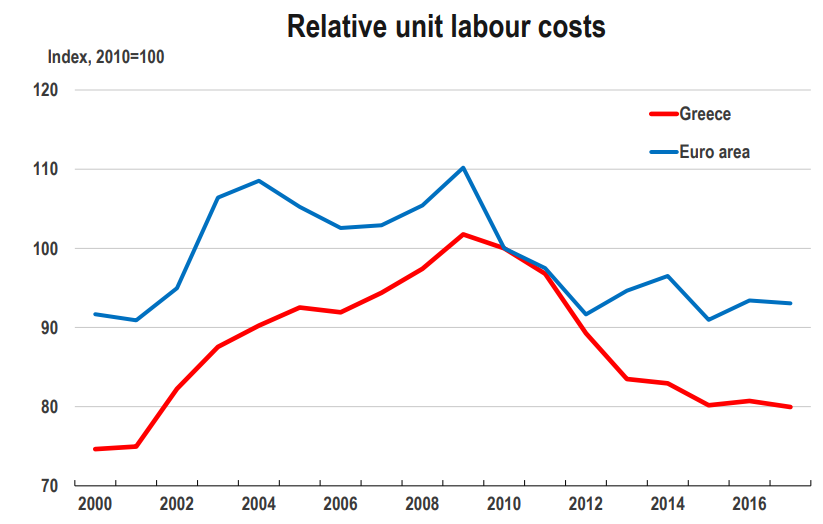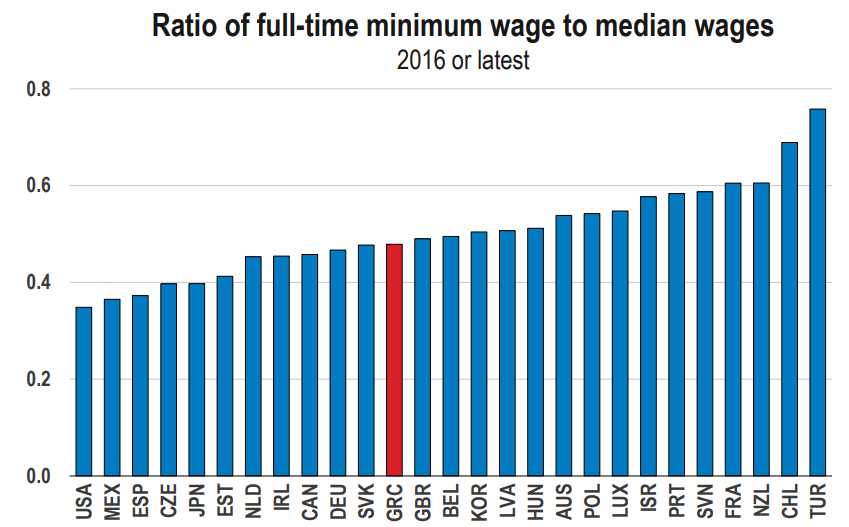
Greece has made an “enormous” effort to recover from its debt crisis and should be given debt relief by international lenders, according to Angel Gurria, secretary-general of the intergovernmental Organisation for Economic Co-operation and Development (OECD).
Gurria met with Alexis Tsipras, the Greek Prime Minister, in Athens today. The pair presented the OECD’s latest economic survey of Greece.
Gurria said:
The reforms undertaken by Greece have finally started to bear fruit. It is an impressive achievement. With strengthened public finances and a much improved macroeconomic framework, addressing poverty and raising living standards is a priority.
The OECD survey reports that Greece’s recovery from “deep economic depression is finally gaining traction”. Export-led economic growth is increasing, helped by labour market reforms and job creation.
GDP growth is projected to remain above 2% in 2018 and 2019.
How well do you really know your competitors?
Access the most comprehensive Company Profiles on the market, powered by GlobalData. Save hours of research. Gain competitive edge.

Thank you!
Your download email will arrive shortly
Not ready to buy yet? Download a free sample
We are confident about the unique quality of our Company Profiles. However, we want you to make the most beneficial decision for your business, so we offer a free sample that you can download by submitting the below form
By GlobalDataGurria urged Greece to continue with reforms after the third international bailout expires in August. He welcomed the country’s national growth strategy, presented to eurozone finance ministers last week.
The report says that the best way to aid Greece’s recovery is to reduce vulnerabilities by restructuring public debt and continuing to reduce banks’ non-performing loans.
This would make Greece’s economic outlook less vulnerable to shocks or increases in debt service costs in the future.
The report also highlights the biggest challenges still facing Greece. Reducing poverty and creating jobs must remain a priority, with awareness that the growing number of temporary or part-time jobs leaves many workers earning less than the minimum wage.
Other priorities for labour include giving workers the skills needed in the job market and help firms to invest and innovate in order to raise wages.
The OECD also highlights the need to tackle rising poverty in the younger demographic, which is the group finding it hardest to find work, with 43.6% of Greeks aged 15-24 unemployed. In addition, the OECD notes that social programmes are generally underfunded apart from pensions.
The OECD recommends both the roll-out of the guaranteed minimum income and the provision of school meals in order to help poorer households.
The economy is finally recovering…

Unemployment is falling…

Competitiveness in Greece has improved…

The minimum wage in Greece is near the OECD average…








